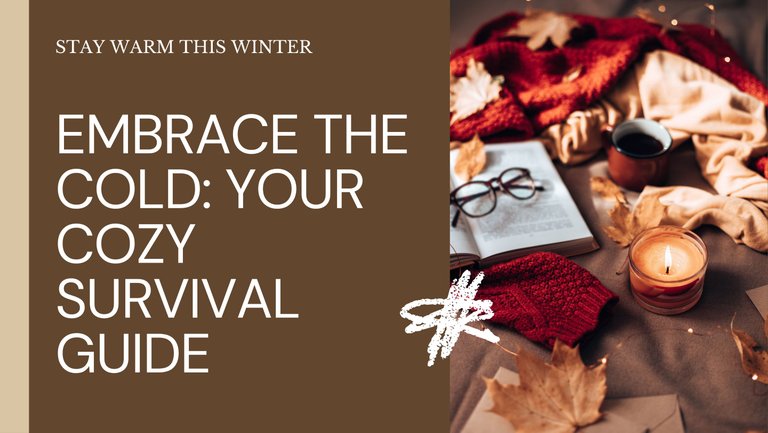
Though the approaching autumn and winter are already on my mind, I am still savoring the gentle summer sun. While others are still in t-shirts, I can be chilly and wrapped in a thick jumper.
Are you shivering on the couch and more likely to curl behind a blanket?
It is encouraging to know that this is not without purpose. Your body continuously strives to preserve homeostasis—a condition of internal balance required for correct operation. When that balance is interrupted, the body uses many different processes to restore it. This also occurs when your usual body temperature—about 37 degrees Celsius—threatens to drop too far.
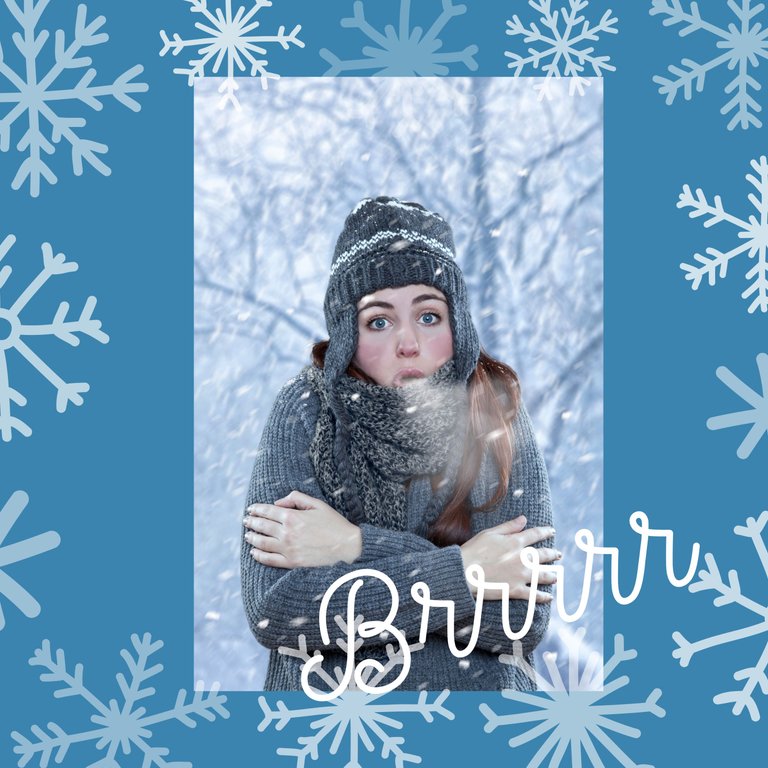
Blue lips
If you find yourself in cold surroundings, sensors in your skin recognize this and signal the brain.
These lead your body to react in two ways: generating heat and conserving as much body heat as feasible.
Some of these reactions occur unintentionally; others are deliberate. First, blood vessels just under the skin constrict, lowering the heat output to the surroundings.
Your skin feels cold, but more heat stays in your core to guard essential organs. There is less blood also reaching the extremities of the body. You thus develop a chilly nose, hands, and feet. Furthermore, you start generating heat by alternately tightening and releasing your muscles.
You start shaking and chatting your teeth automatically.
You will also start working your muscles actively intuitively: you stroll about and make broad arm and leg motions. Your metabolism picks up pace and you eat more.
When your body loses the ability to maintain warmth and the body temperature falls below
Thirty-five degrees can cause hypothermia. One can experience this fast or gradually. Your fingers, lips, and toes get blue. You begin chattering your teeth and shivering wildly. Your coordination suffers, your breathing slows, you grow disoriented and sleepy, and your voice drops as it gets worse. Then there is unconsciousness.
And organ harm. Hypothermia can cause death in quite extreme circumstances.
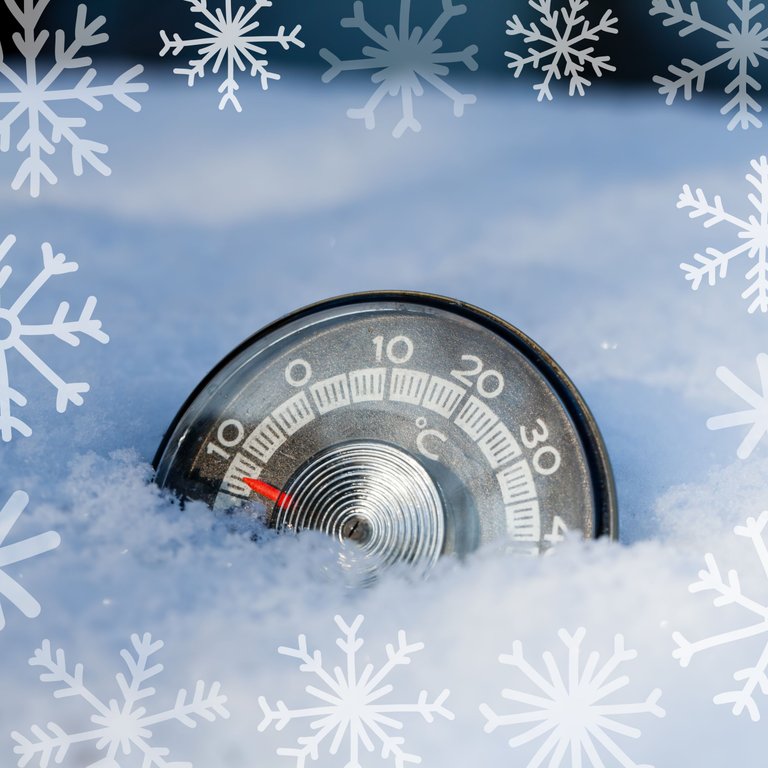
Goose skin
Should you be cold, you can have goosebumps.
For instance, skin muscles contract to raise the microscopic hairs on your arms. These produce an insulating layer by holding air. At least, that is what they accomplished in
Our far more hairy predecessors from prehistoric times. With us, it has practically any effect; we have far too little body hair for that.

Why do some people seem colder than others?
Though individual differences exist, women generally feel cold sooner than men. This results from variances in body composition. Women have less muscle and somewhat more fat than men. You cannot generate as much heat the less muscular mass you have.
Conversely, fat increases your capacity to retain heat and acts as an insulating agent. Still, muscles are more crucial for warmth.
Women also experience a sensation of cold somewhat faster since their body temperature is usually somewhat greater than that of males. Female hormones and the menstrual cycle might also influence this.
Estrogens can aggravate blood vessel contraction even further. Additionally important is the body surface area to volume ratio. The heat you can lose through the skin increases depending on the body's surface area. An extremely tall and skinny person loses heat faster than a tiny and stocky person.
At last, your viewpoint counts. If you consistently work outside—even in the cold—you will be more suited than if you have an office job and spend every day in a room kept at a constant temperature of 22 degrees.

You can, therefore, grow acclimated to cold.
In some measure. Your blood vessels contract sooner to save body heat as much as possible, and your metabolism adjusts to generate heat faster.
You may practice this by progressively turning down the warmth inside. Thus, you will gradually but definitely grow acclimated to a lower temperature.
Why do senior citizens experience cold faster?
Because of all the elements I already described, aging impacts your systems to stay warm. There is great individual variety, but this is a somewhat slow procedure.
Cold-sensitive skin sensors begin to react less rapidly as one age. You lose more heat, and the circulation system and blood vessel contraction and relaxation perform less effectively. You also lose muscular mass very drastically. You can offset that, though, by continuously moving. Besides, elderly
People have less brown fat, which means less ability to generate heat.
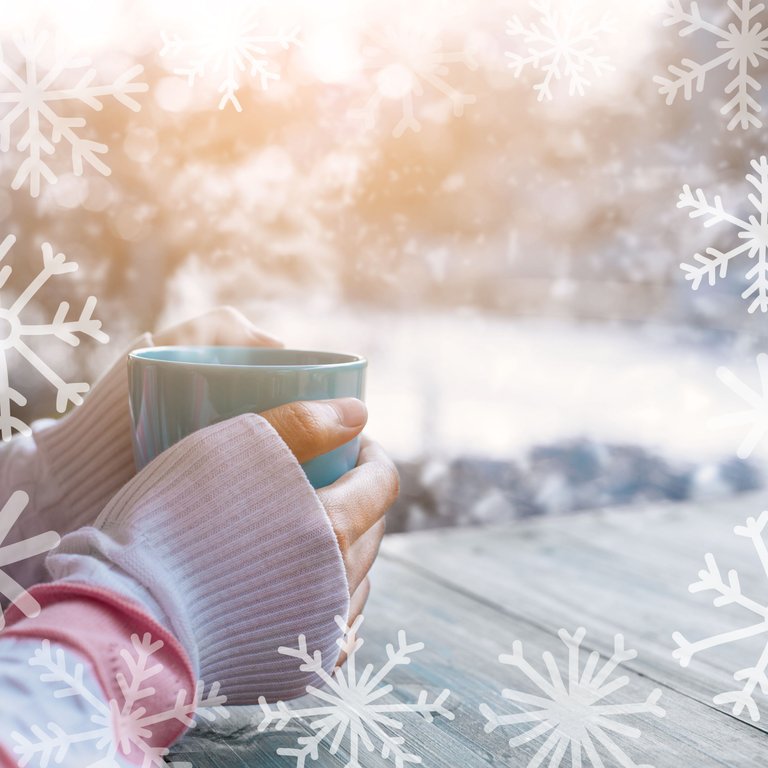
Define brown fat.
Your body consists of brown and white adipose tissue.
Your upper torso is primarily home to the "good" brown adipose tissue. It lets you generate heat and becomes triggered when the body is cold. It consumes calories, somewhat from the white adipose tissue.
Brown fat is how animals in hibernation remain warm. White fat stores calories, particularly in the hips and abdomen, so it functions rather the other way around. That fat serves more as an insulating agent.
Your age is one of several factors influencing your white and brown fat levels. Because newborns cannot defend themselves from cold as adults can, they have the most brown fat. As one age, the percentage of brown to white fat drops.

Are there any reasons you feel cold faster?
You run an increased risk of cold if you sleep little or poorly. This is in part related to less control of body temperature and brain activity. Your body finds it more challenging to stay warm as your metabolism slows down. Besides tiredness, anemia and a shortage of red blood cells also result in a cold sensation. Also rather crucial is the thyroid gland, the motor of your metabolism. Should it work too slowly, your body loses stimulation to start moving. Less use of your muscles results in too little heat generation.
Furthermore, atherosclerosis impairs your cardiovascular system. Blood vessels do not contract as effectively, and some bodily areas get less blood and begin to feel chilly. As a side effect, beta-blockers—drugs that lower heart rate and blood pressure—can also cause decreased muscular activity and heat generation.
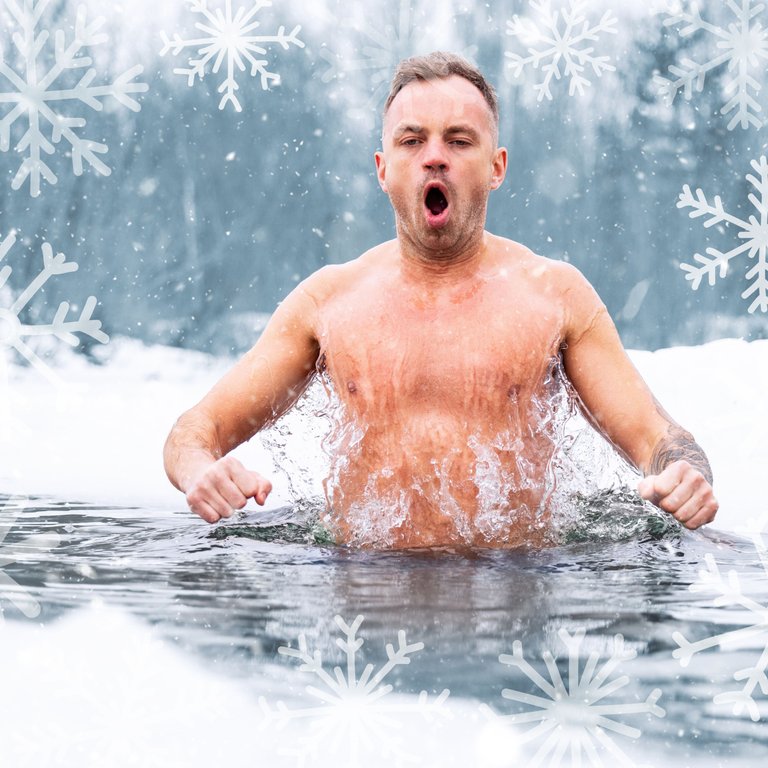
Should one swim in ice-cold water?
Indeed, this helps your body tolerate cold temperatures and increases circulation. The blood vessels constrict when you enter the cold water; when you get out and dry off, they relax. Your system stays more efficient even later in life as you train that process. Along with adrenaline, which boosts energy, it releases chemicals like the "happiness hormone," endorphin. But be careful: diving into too cold water without training or preparation could cause major problems and even death. Then the temperature differential is so significant that your body enters paralysed stress. The water does not have to be very cold for this to occur; the shock results from the great temperature difference between your body and the water.

Four times how to keep warm.
Keep on, even indoors. Get up often and walk about instead of spending all day seated at a desk or on the couch all evening.
Eat and sip something heated.
Dress cozily inside as well. The more heat you maintain, the better you insulate yourself. Highly advised thermal underwear is composed of breathable fabric that wicks away perspiration to prevent a clammy sensation.
Remember to don a hat as you leave. Your head will otherwise lose a lot of heat.
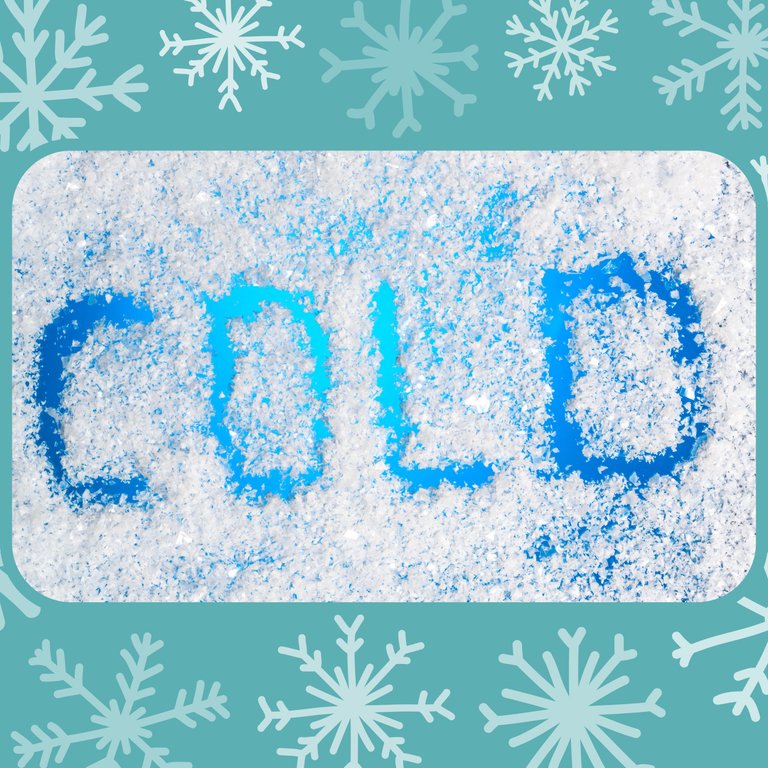
Frozen hands and feet
Cold hands and feet arise from less warm blood moving from the core to the body's extremities when blood circulation is inadequate. There can be various reasons for this slowed blood flow.
The extensive body muscles demand more energy when practicing vigorous sports or exercising in a cold climate. Their blood supply takes precedence; your hands and feet, therefore, receive substantially less.
Smoking narrows blood vessels. Over time, this also weakens the heart, which cannot adequately pump blood around the body.
While diabetes compromises blood flow, it can also harm nerves, particularly in the feet.
Raynaud's syndrome is referred to as "dead fingers." The blood vessels constrict closed, and one or more fingers or toes abruptly turn first white and then blue or purple. Also, it vanishes from its feeling.
Usually, the impacted region is well-defined.
The fingers or toes turn red, and the sensation returns when the blood vessels dilate again. This can cause tingling and soreness. The phenomenon occurs in colds as well as in solid emotions or stress. Though usually not serious, it is annoying. Sometimes, there is an underlying reason, such as a disease or a course of medical therapy.

Posted Using InLeo Alpha




